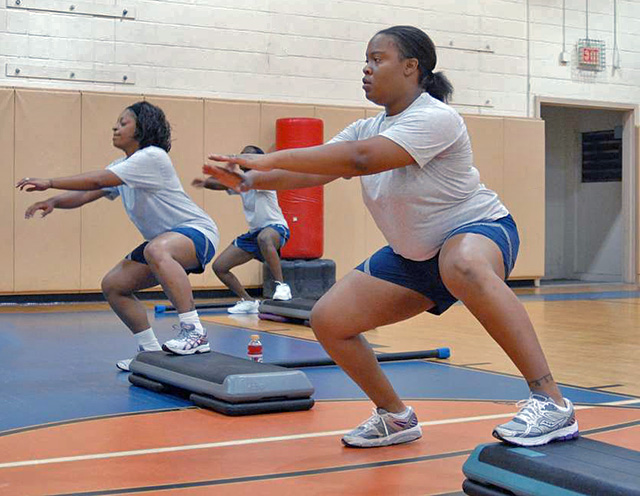Weight gain while pregnant is a normal and necessary part of the pregnancy process, and is a healthy adaptation. It is not just the weight of the child being carried that accounts for the change in the mother's weight. Women tend to gain weight during pregnancy for many reasons, and the amount of weight gained can vary depending on factors such as pre-pregnancy weight, overall health, and individual circumstances.
One of the main reasons for pregnancy weight gain is an increase in calorie intake. During pregnancy, women need to consume extra calories to support the growth and development of the baby. The body needs additional energy to nourish the growing fetus, support increased blood volume, and accommodate changes in the mother's body. The extra calories are stored as fat in preparation for pregnancy. This fat serves as a reserve of energy to support the baby's growth and provide nourishment during breastfeeding.
There is also some weight gain due to fluid retention. Pregnant women tend to retain more fluids, partly due to hormonal changes and increased blood volume. There is also weight gain from tissue growth. As the baby grows, the uterus expands, contributing to weight gain. The amniotic fluid, placenta, and increased breast tissue also add to the weight.
Should you return to your pre-pregnancy weight?
Should you aim to lose all the extra weight you put on during pregnancy? There are many factors to consider. As noted previously, some of the weight gains was fat reserves to support the baby's growth and provide nourishment during breastfeeding, so you should not be in a hurry to return to your pre-pregnancy weight level.
Losing excess pregnancy weight may be beneficial for your overall health and well-being. Excess weight can increase the risk of certain health conditions, such as obesity-related diseases and complications in subsequent pregnancies. Additionally, achieving a healthy weight can contribute to improved self-esteem and body confidence.
However, it is crucial to approach postpartum weight loss with a balanced mindset and prioritize overall health rather than solely focusing on weight. The immediate postpartum period is a time of recovery and adjustment, and the body needs time to heal.
It is recommended to approach weight loss gradually, with a focus on healthy lifestyle habits such as balanced nutrition, regular physical activity, and adequate rest.
Tips for Losing Weight Post-Pregnancy
If you wish to lose weight, start by establishing a balanced and healthy diet: Focus on consuming nutrient-dense foods, including fruits, vegetables, whole grains, lean proteins, and healthy fats. Avoid fad diets or extreme calorie restrictions, as they may not provide adequate nutrition, especially if you are breastfeeding.
You may find that you do not need much effort to lose weight. Breastfeeding can help with postpartum weight loss as it burns extra calories. It also provides numerous health benefits for both the mother and baby.
After a period of healing, you can gradually engage in regular physical activity. Start with gentle activities like walking and gradually progress to more intensive workouts, focusing on cardiovascular exercises, strength training, and core exercises. Postnatal exercise classes or programs specifically designed for new mothers can be beneficial.
Make sure you set realistic goals. Remember that it took time to gain the pregnancy weight, and losing it should also be a gradual process. Aim for sustainable weight loss by setting realistic goals and focusing on overall health and well-being rather than solely on the number on the scale.
Related Pages
- Exercises during Pregnancy — list of exercises suitable for during pregnancy with easy to follow instructions and clear animated images.
- Exercise after Pregnancy — guidelines for getting back in shape after pregnancy.
- Nutrition While Pregnant And Breastfeeding
- Eating for Two — Nutrition While Pregnant And Breastfeeding
- Macronutrients in Fertility — understanding the impact of carbohydrates, proteins, and fats.
- Fitness for Women



 Current Events
Current Events